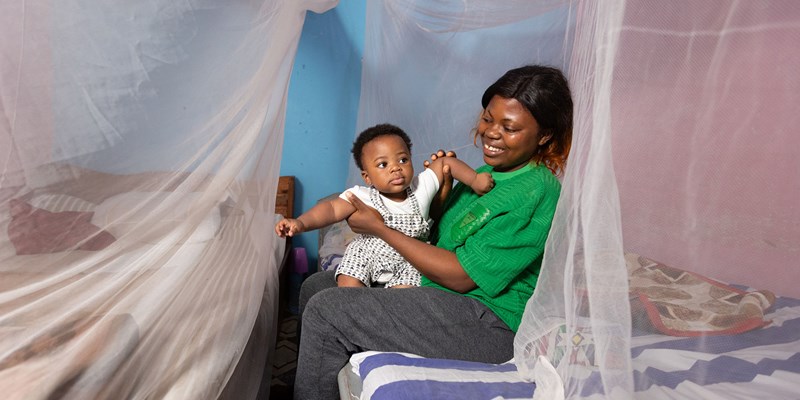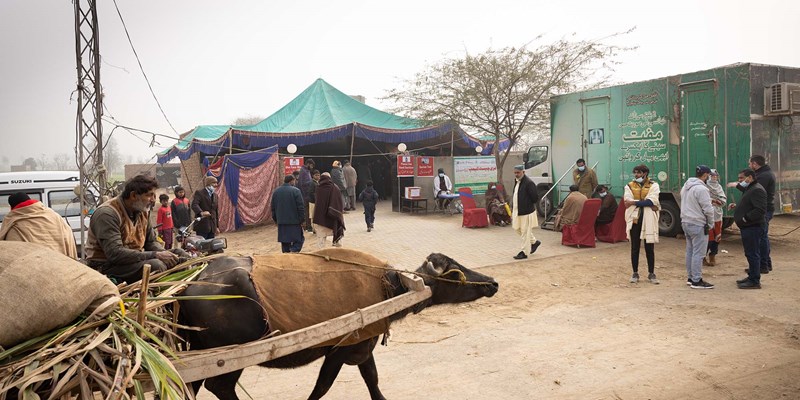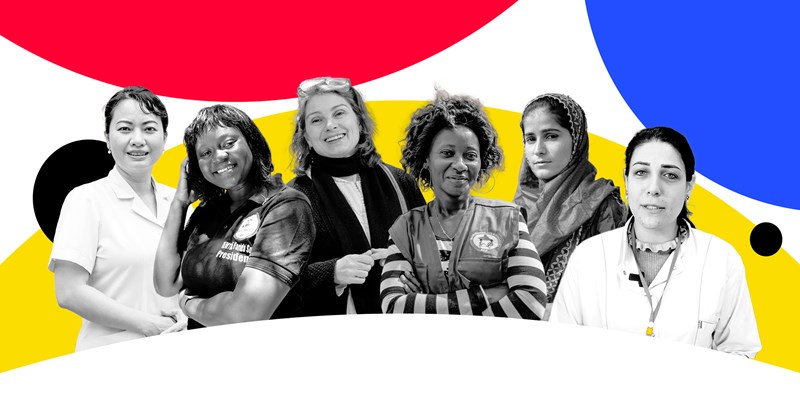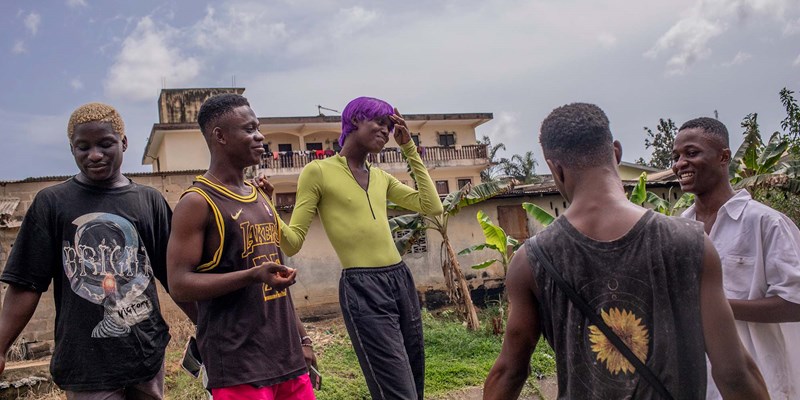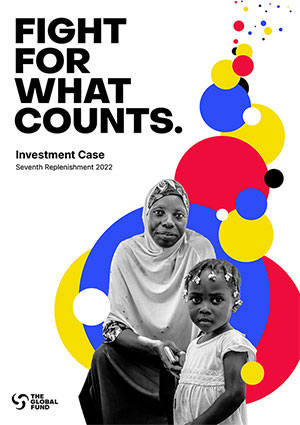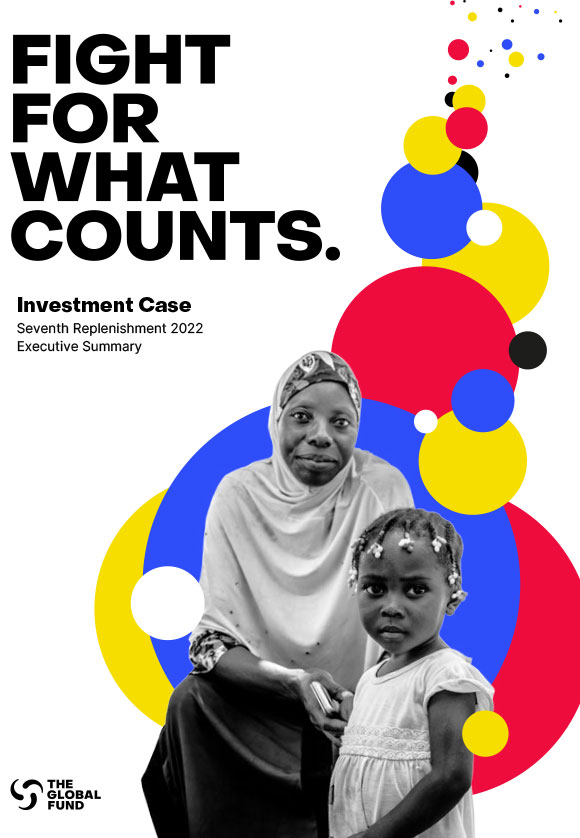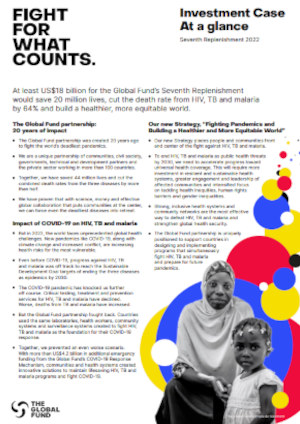Removing Human Rights Barriers to Health: Findings and Lessons
04 November 2020
Programs to remove human rights barriers to HIV, TB and malaria services are essential to increasing the effectiveness of Global Fund grants. Such programs help to ensure health services reach those most affected by the three diseases. The Global Fund Strategy 2017-2022 recognizes and reaffirms this through its human rights objective.
Breaking Down Barriers initiative
As part of attaining this objective, the Global Fund’s Breaking Down Barriers initiative aims to dramatically scale up programs to remove these obstacles. The Global Fund has now published a summary of key findings of the baseline assessments undertaken as part of the initiative:
- Breaking Down Barriers Initiative: Summary of Key Findings of the Baseline Assessments in 20 Countries
download in English | Français
All baseline assessments are also now available (with the exception of Kenya’s assessment, disseminated to in-country stakeholders for comments but not yet publicly available). The assessments – which have served as working documents for reflection and discussion with country stakeholders and technical partners – present findings of research relevant to reducing human rights barriers to HIV and TB services and to implementing a comprehensive programmatic response.
The assessments have been used to develop country-owned, costed strategic plans to reduce human rights-related barriers to services. Seven of the 20 countries have already adopted and started implementing their plans, while others are expected to release them soon, considering the constraints of the COVID-19 pandemic. The plans are the basis of the human rights component of the countries’ new funding requests to the Global Fund.
The baseline assessments and country plans are now available on our Community, Rights and Gender page.
Also available on that page are the first of the mid-term assessments of results and progress made in the 20 Breaking Down Barriers countries.
Beyond an intense focus on the 20 countries in Breaking Down Barriers, the Global Fund has started mainstreaming some of the lessons learned in those countries and is providing increased support to reduce human rights-related barriers to an additional ten countries.
Guidance
As countries have vastly scaled up programs to reduce human rights-related barriers to services, GIZ BACKUP Health, Frontline AIDS and the Global Fund have captured lessons learned in extensive new guidance:
- A Practical Guide: Implementing and Scaling Up Programmes to Remove Human Rights-Related Barriers to HIV Services
download in English | Français | Русский - Achieving Quality in Programs to Remove Human Rights- and Gender-Related Barriers to HIV, TB and Malaria Services
download in English
COVID-19
Continuing to scale up efforts to reduce human rights- and gender-related barriers is more important now than ever given the COVID-19 pandemic. Our guidance shows how a rights-based and gender-responsive approach enables countries to best respond to COVID-19, including in the context of the ongoing epidemics of HIV, TB and malaria:
